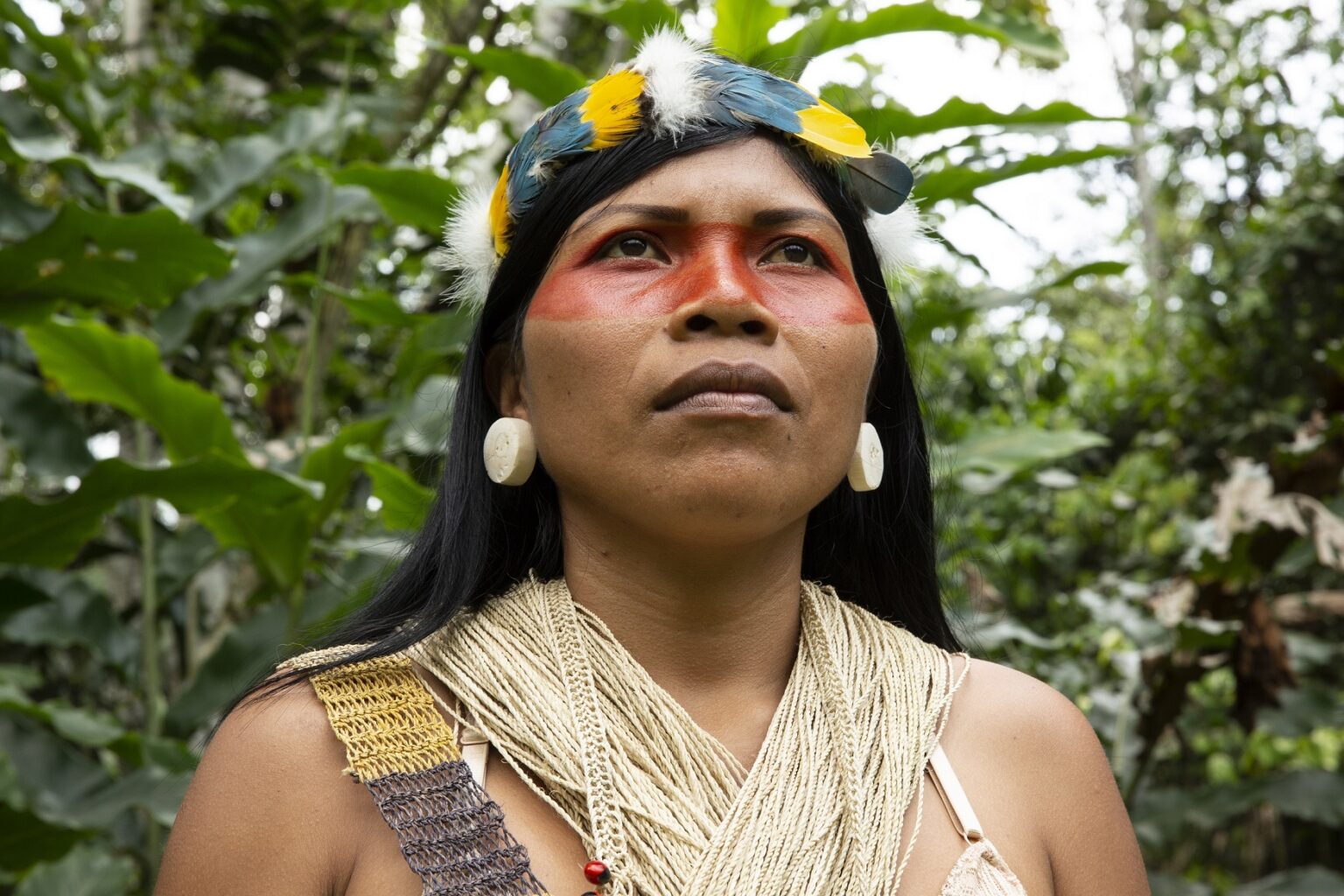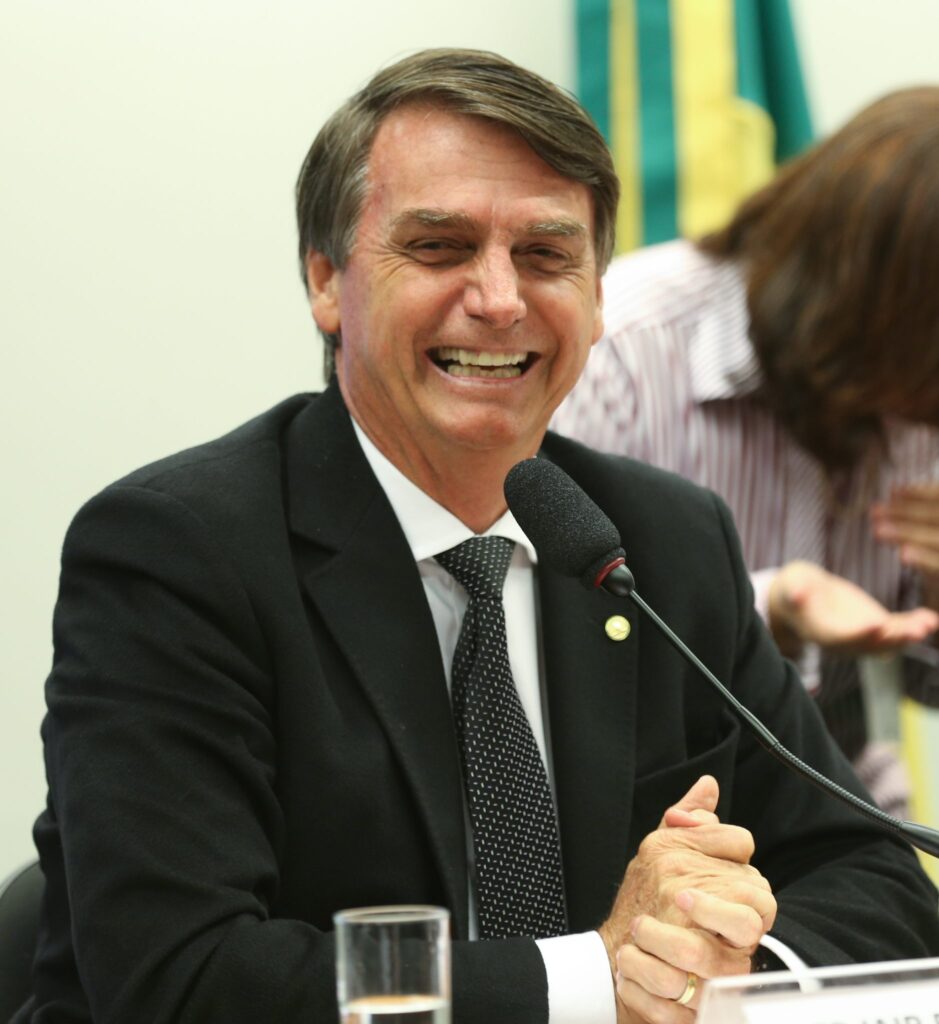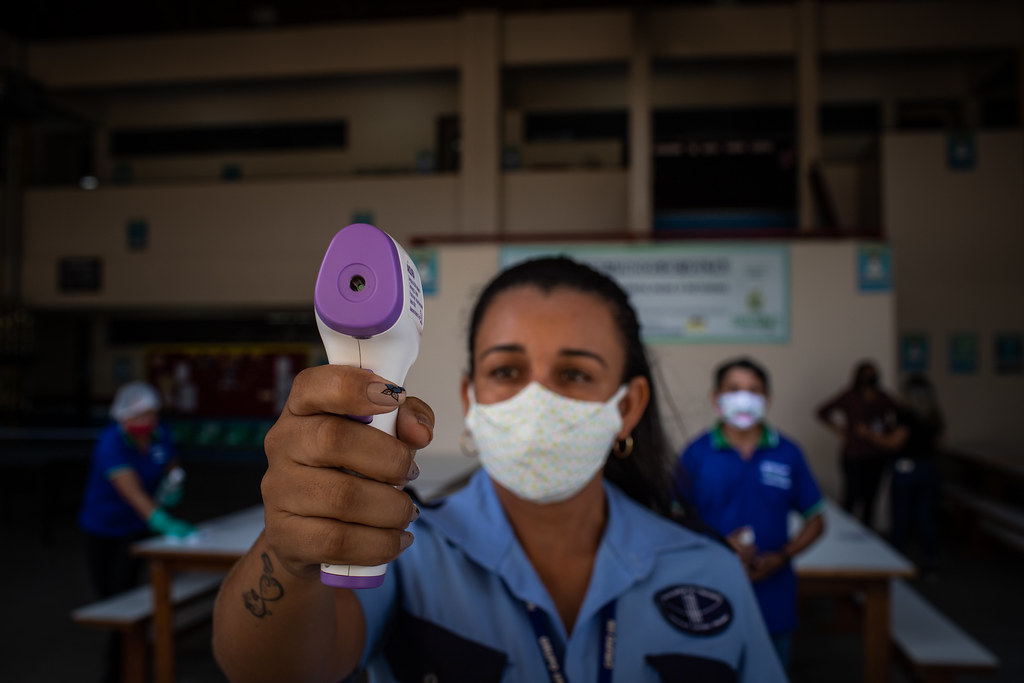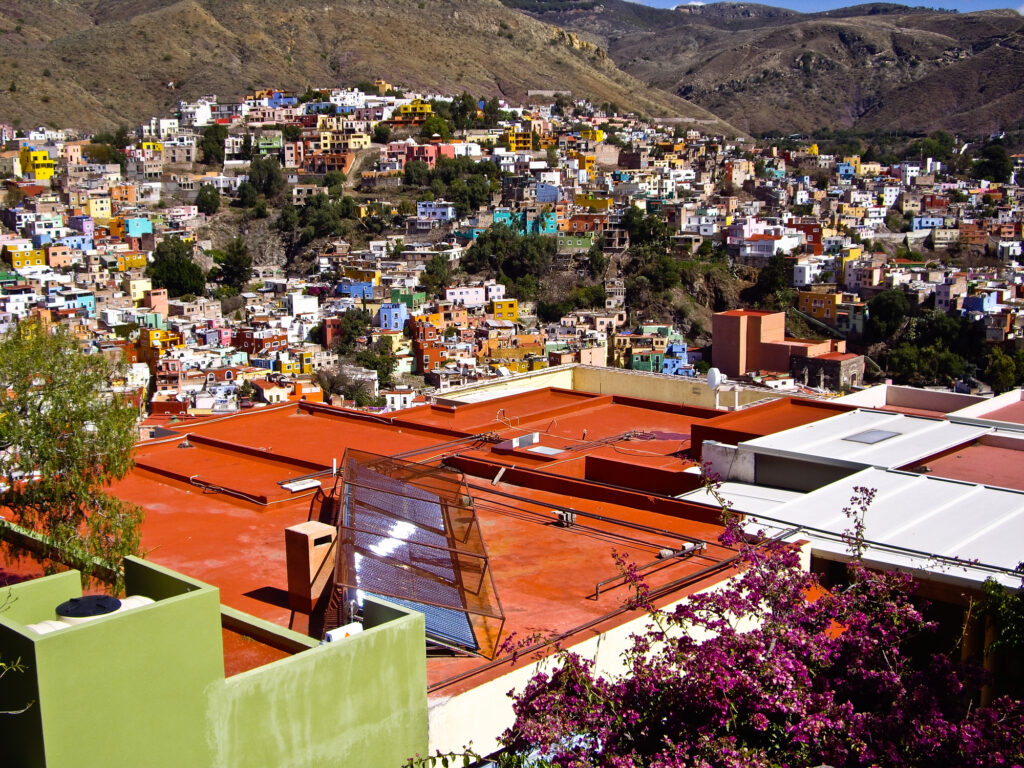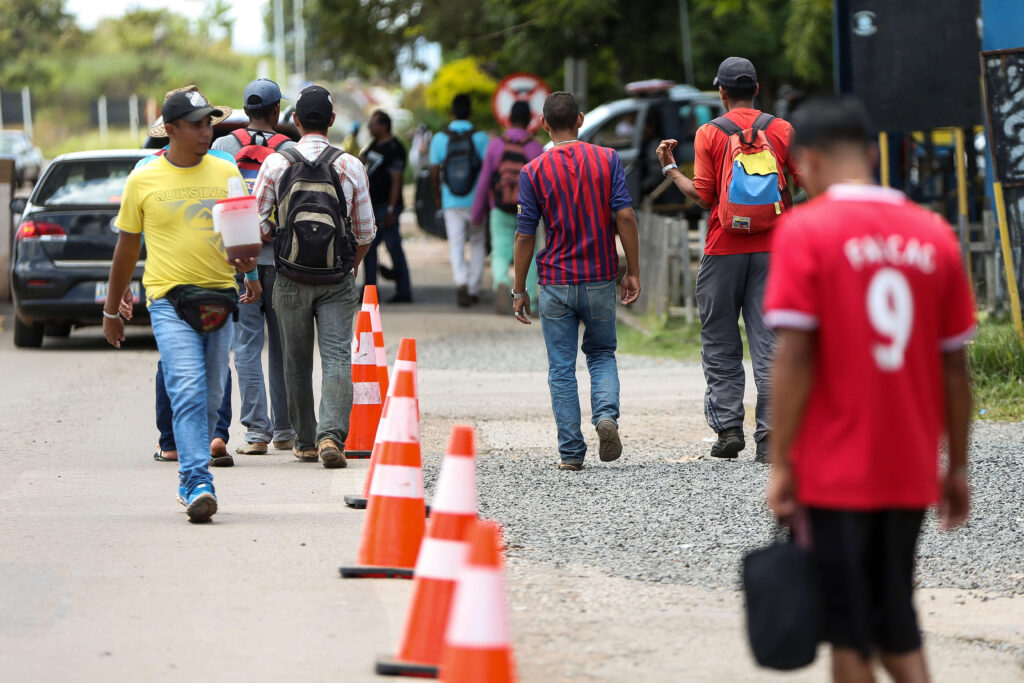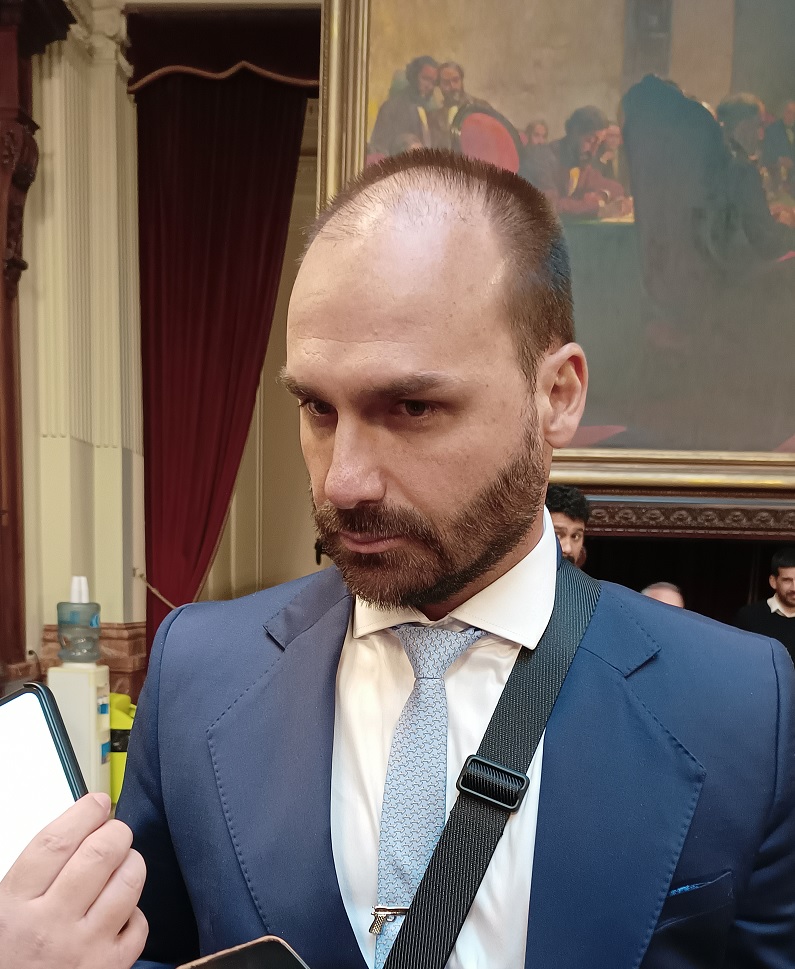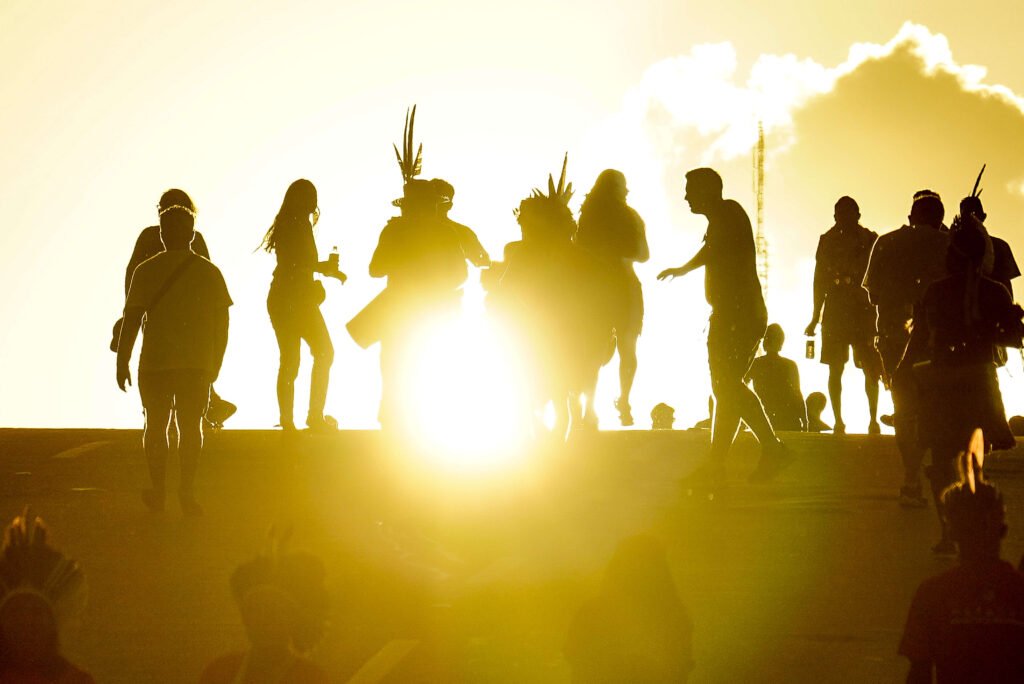A pair of indigenous environmental activists in Latin America received the 2020 Goldman Environmental Prize on Monday.
Leydy Pech of Mexico and Nemonte Nenquimo of Ecuador were two of six winners this year for the top environmental award, which is also known as the Green Nobel.
Every year winners are picked from each region in the world. Notable past winners from Latin America include Honduras’ Berta Cáceres, who was murdered after she successfully organized protests that prevented a destructive dam project to be carried out.
Pech is an indigenous Mayan who went toe to toe with the former agrochemical company Monsanto and won. Pech led peaceful demonstrations and an awareness campaign against Monsanto when it tried to plant genetically modified soybeans in southern Mexico. After years of disputes, the country’s lawmakers eventually sided with Pech in 2017, ruling that Monsanto could not legally grow genetically modified soybeans in a number of states across Mexico.
“They threatened and discredited us as indigenous leaders,” Pech told the Goldman Environmental Foundation. “I didn’t feel afraid because, as a Mayan woman, I know I am able to fight.”
Pech is a beekeeper who has worked to prevent the disappearance of an endangered species of bee in her native Mexico.
For her part, Nenquimo fought against lucrative oil extractions in Ecuador’s Waorani territory, which is on the Amazon River. As the co-founder of the Ceibo Alliance, Nenquimo was the leader of an intensive campaign that resulted in the guaranteed protection of 500,000 acres of Amazonian rainforest in 2019. Through the historic lawsuit, the Waorani people created a groundbreaking legal precedent that established indigenous rights for tribes like theirs in Ecuador.
Nenquimo’s actions have led to other indigenous groups demanding that the government protect precious rainforest and indigenous land from oil companies.
“I’ve seen the damage oil companies do,” Nenquimo said. “They bring death and sickness and leave oil spills and pollution. So we said, ‘Enough is enough. They cannot come here and destroy our land.'”


